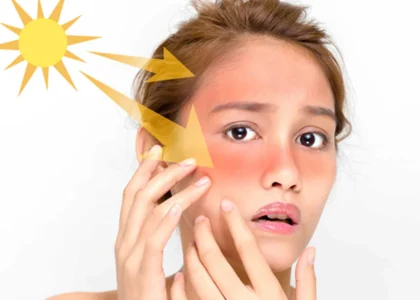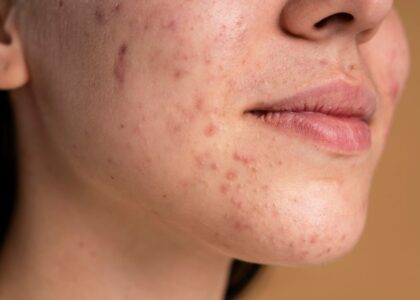Depression is a mental disorder defined by extreme dissatisfaction, a decrease in mood and activity, extreme apathy, and a loss of interest and fulfilment in once-jolly activities. Depression is different from regular changes in mood and emotions about the realities of everyday life. It can negatively affect all aspects of a person’s life, including relationships with family, friends, and others. It can be the result or cause of problems in school and work.
Depression can affect anyone. Those who have experienced violence, poverty, or other traumatic events are likely to cultivate depression. More women than men are bound to suffer from the negative impacts of depression. Around 280 million individuals overall experience the ill effects of discouragement (1).
The prevalence of depression is approximately 50% higher among women than among men. There are from 15 to 40%. Among adults, depressive disorders are found in every tenth, and women are twice as often faced with this disorder. At an older age, about 30% of people were in a state of depression.

Causes of depression:
Depression typically happens due to stressful, unfavorable, and continuously failing circumstances.
Yet, notwithstanding the social element, extreme mental injury can likewise prompt the advancement of discouragement. For example, a family breakdown, the death of a loved one, or a serious illness can affect not only the patient himself but also his relatives. This is where reactive depression comes from.
The likelihood of depression increases with hormonal changes: during adolescence, after childbirth, with the onset of menopause, and also in old age. It can affect you emotionally and physically.

Symptoms of depression:
Here are some common symptoms of depression:
- Inability to focus
- Pathological feelings of guilt or low self-esteem
- Lack of hope for the future
- Suicidal thoughts
- Sleep disorders
- Changes in appetite or weight
- A sense of extreme exhaustion or weakness.
Diagnosis and Treatments:
There are several effective treatments for depression. These include psychological and medicinal methods.
Depression is essentially treated by using mental techniques.
These might involve talk therapy, which is carried out by a helathcare practitioner. Talk therapy sessions can be conducted online or in person.
Self-Avoidance
Self-improvement is habitually a viable method for treating burdensome side effects and upgrading mental wellbeing overall.
- Make an effort to remember the things that once brought you fulfilment.
- Stay in contact with your loved ones.
- Maintain your regular physical work, even if it’s just quick walks.
- Please follow a rest and eating schedule.
- Reduce or avoid alcohol consumption and refrain from using illegal drugs, as these actions might exacerbate depression.
- Express yourself about what you’re experiencing with someone you can trust.
- Take clinical consideration into account.
Conclusion:
Depression is a complex mental disorder that requires a comprehensive and customized approach to treatment. Treating melancholy can incorporate various procedures, from prescription and psychotherapy to lifestyle changes and sincerely strong organizations. You ought to get capable exhortation from clinical consideration providers to help you with organizing the complexities of this condition and adjust interventions to oblige your specific necessities. Numerous people can effectively regulate and overcome distress with the right care, sponsorship, and obligation to their thriving, which subsequently prompts better mental health and a truly satisfying life.




